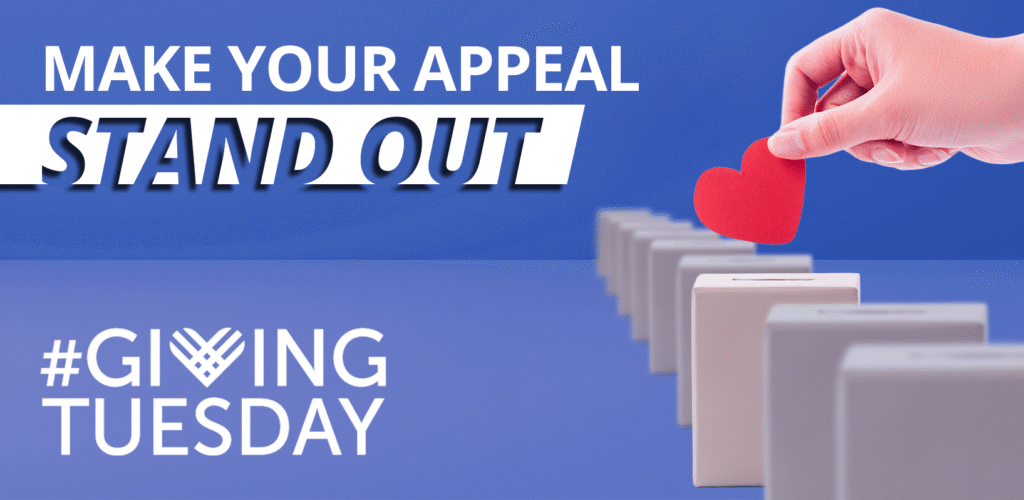Q: Joe Biden won Pennsylvania, but Democrats didn’t do well in most other races in the state. Why was that?
Larry: The Republican Party has done a better job of appealing to middle class and working class voters, who may feel left behind or marginalized. Those voters want to hear how they’re going to make their house payments, not about the legalization of marijuana. It should be a real wake-up call for Democrats that while Biden won the state, (Treasurer) Joe Torsella and (Auditor General candidate) Nina Ahmad both lost.
Q: That’s a change from recent off-year elections here, when Democrats won.
Larry: We learned that people who came out to vote for Trump didn’t necessarily come out in off-year or midterm elections. So Democrats did very well in local elections in 2017, ’18, and ’19. For example, Delaware County got a Democratic-led County Council for the first time in 2019.
Q: And Biden won Delco impressively this year.
Larry: Yes, but if you look down the ballot, Democrats did not do well, which is what basically happened throughout the state. So while the evolution toward Democratic registration has been going on in the suburbs since Ed Rendell first ran for governor in 2002, voters in much of the rest of the state swung an opposite way this year. And that raises a lot of questions for next year and the 2022 midterms.
There’s a realignment occurring. Whereas we’ve always been a state with five distinct states in it, each with its own peculiarities, now we’re just two states – the red counties and the blue counties – with nothing in between. The problem for Democrats is that even though they can win an election at top of the ticket with Biden, many of those counties are voting Republican on the down-ballot races.
Q: Attorney General Josh Shapiro was the only Democrat who kept one of the row offices. How did he win?
Larry: What was impressive about Josh, if you look at numbers of day-of in-person voting, I believe he outperformed Joe Biden—which means he was able to garner a lot of Republican votes. A significant number of people voted Trump-Shapiro.
Josh is high-profile, especially in western Pennsylvania. He was integral in brokering an agreement between the University of Pittsburgh Medical Center, the largest provider out there, and Highmark Blue Cross, settling a disagreement going on for years. And his grand jury investigation into sexual abuse in the Catholic Church made him appealing to many Catholic voters.
Q: Is Shapiro now the party favorite for Governor in 2022?
Larry: He is. I would characterize him as progressive on many issues, but certainly not far left. He’s not the “defund the police” candidate. Therefore, chances are he will get a primary from the left. I recognize we’re two years out – but if he navigates it correctly and wins that primary, it should be helpful for him in a general election vs. a Republican because they won’t be able to paint him with that socialism brush. That hurt a lot of down-ballot Democrats candidates this year.
Q: Where are the Republicans headed in this state?
Larry: They’re going to deal with some splits as well. With the Democrats, it will be who is considered progressive enough for that wing. For Republicans, my guess is they’ll have many candidates for Senate and governor in two years, and they’ll probably be trying to appeal to the base Trump voter by arguing over who denied Joe Biden’s election the longest.
Q: From the aspect of logistics, how well did the election go?
Larry: The counties did a very good job with the mail-ins and in-person voting. Now it’s incumbent on the legislature to go back next year and get it right on how things are done. Listen, mail-in voting is here to stay, and it worked, so they need to set down guidelines that don’t disenfranchise voters—like those who postmarked ballots before Tuesday that were received a few days later. And the situation with curing ballots—there’s nothing wrong with helping people who may not have signed correctly. The point is you don’t want to disenfranchise voters, in fact, you want to encourage voting.
Q: As you break down the voting, are there other reasons down-ballot Democrats didn’t do as well in Pennsylvania?
Larry: Beyond ideology, I believe one cause is this – in order to get the money for new voting systems and machines, part of the deal was that Republicans asked to do away with straight-party voting. So you had to pull the lever for each candidate, rather than just one at the top that said Democrat or Republican. When it’s looked at, you’ll see a lot of people voted for Biden and might have just let the rest go. In the past, they would have pulled the one lever to vote straight Democrat.
Another overlooked item is that Democrats were able to knock the Green Party presidential candidate off the ballot, while the Republicans couldn’t do the same with the Libertarian. That candidate (Jo Jorgensen) got over 100,000 votes, many of which would have gone to Trump. Down the ballot, some of the Green Party candidates stayed on, and that may have hurt a candidate like Torsella.
Q: Beyond Josh Shapiro, who else emerged from this election with a better profile?
Larry: (Congressional Democrats) Conor Lamb, Matt Cartwright, and Susan Wild all won re-election in a difficult environment. Among Republicans, Scott Perry was the number-one target for Democrats, but he beat a strong candidate to win again. That might induce Perry to run statewide. And look at Brian Fitzpatrick in Bucks County. Bucks went for Biden by a significant amount, and Fitzpatrick was still able to win decisively. There were a lot of Biden-Fitzpatrick votes, and that’s his brand—being able to work with everyone.
Q: Lost in the mix is how well Republicans did in the state legislature races.
Larry: Democrats were really banking on getting a majority in either the House or Senate, looking toward redistricting for the next decade. But unless something changes radically, the Democrats are going to be on the short end of that.
All of those legislative races reflect the whole tone of Democrats being labeled with socialism, defund the police, and the protest and unrest we saw in cities this year. It didn’t hurt Biden, but it hurt down-ballot. And that all but cements Pennsylvania as a battleground state for years to come.




